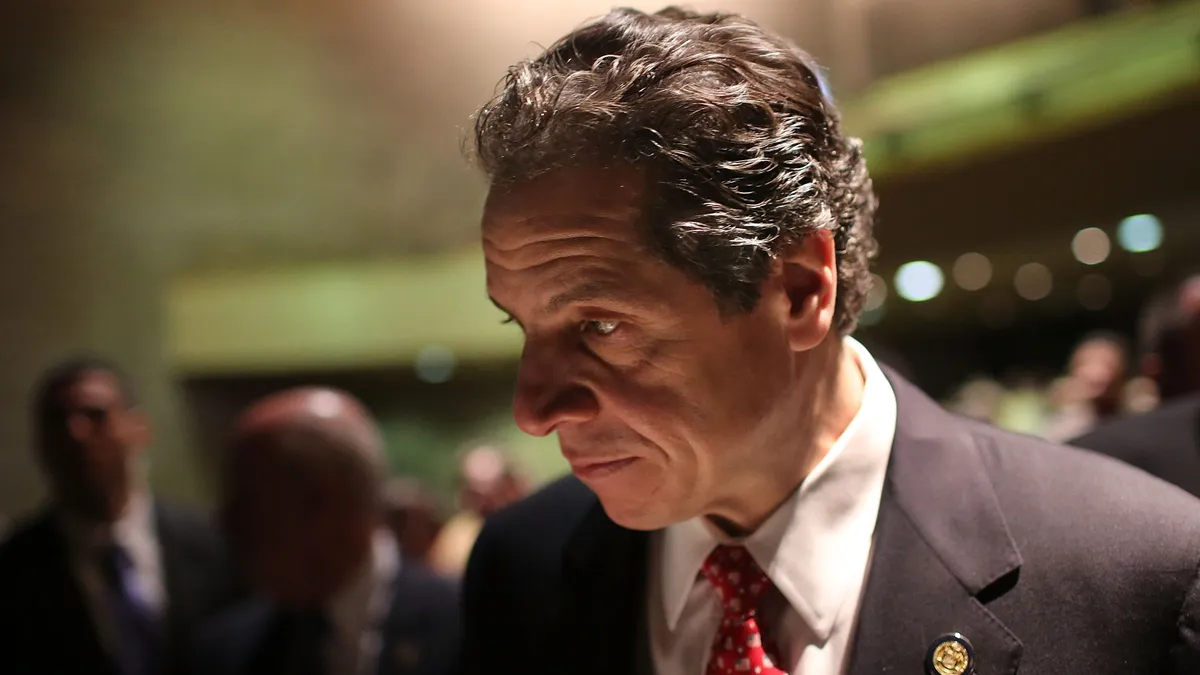New York Gov. Andrew Cuomo announced Tuesday he is resigning, effective in 14 days, due in part to sexual assault allegations. (A New Yorker report by Ronan Farrow also emerged Tuesday, detailing other alleged ethics misconduct by Cuomo.)
Misconduct by the governor was first alleged in December 2020, when former Cuomo economic advisor Lindsey Boylan tweeted about it. She followed up with a more detailed account the following February, writing "sexual harassment and bullying is so pervasive [in Cuomo’s administration] that it is not only condoned but expected."
Outrage boiled over when the Office of the New York State Attorney General released its investigation findings Aug. 3. The report detailed Cuomo’s harassment of 11 women — including former and current state employees, and a state trooper assigned to his security detail. New York Attorney General Letitia James’ team interviewed 179 people and reviewed more than 74,000 documents for the report, and concluded that Cuomo violated federal and state laws.
Following the report’s release, Cuomo shot down allegations, saying the investigation was biased. He then said he brought in an expert to "design new sexual harassment policy and procedures," and to train his team.
In stepping down Tuesday, Cuomo apologized for his behavior, but also maintained his innocence. "I do hug and kiss people casually, women and men. I have done it all my life. It's who I've been since I can remember. In my mind, I've never crossed the line with anyone, but I didn't realize the extent to which the line has been redrawn,” Cuomo said.
The public discourse around such allegations may be an opportunity — albeit likely a difficult one — to re-assess company culture and training around physical touch, sex- and gender-based conduct, and sexual harassment. Here are some HR Dive reads that can help guide this process.



















